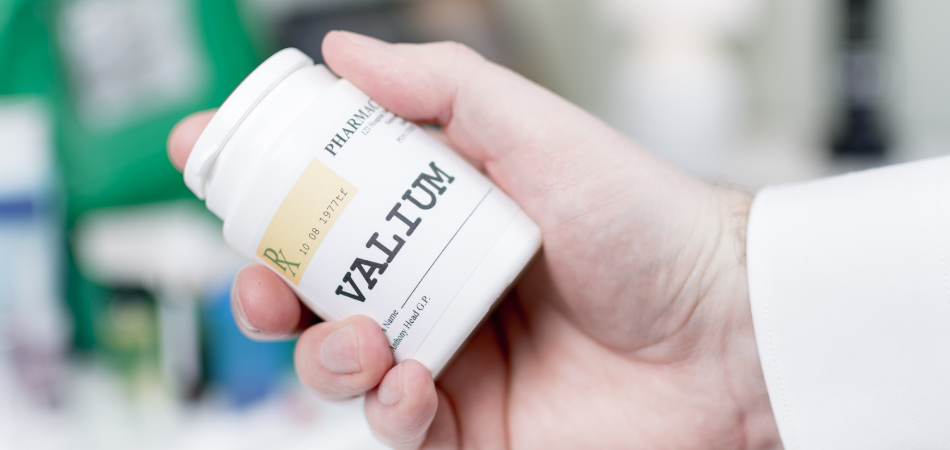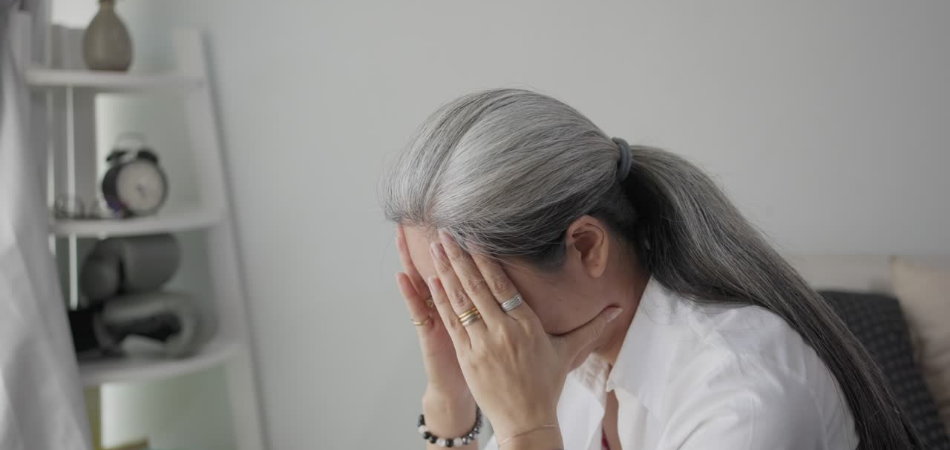
Written by:

Medically Reviewed by:
Last Updated:
February 14th, 2025
Valium addiction
What is Valium?
Valium (diazepam) is a type of benzodiazepine often prescribed to treat conditions such as anxiety, muscle spasms and seizures. It’s also used for short-term relief of severe anxiety, managing alcohol withdrawal symptoms and as a sedative before medical procedures. By calming activity in the brain, Valium helps to ease feelings of nervousness and tension, making it an effective treatment for these issues.
In the UK, Valium is a prescription-only medicine, meaning it can only be legally used under the guidance of a healthcare professional. While it’s helpful when taken as prescribed, its calming effects can lead to dependence, especially if used for long periods or at higher doses. This is why doctors usually prescribe it for short-term use.
How can a Valium addiction begin?
Understanding why Valium addiction might occur is essential because it often starts with legitimate medical use but can evolve into something far more harmful. Many people turn to Valium for relief from anxiety, muscle tension or sleep issues but the line between use and dependency can be thin. It’s important to recognise how this addiction can take root so that individuals can take steps to prevent it before it escalates.
Here are some but not all ways a Valium addiction can begin:
Prescribed use gone too far
Many people are introduced to Valium through a prescription to manage anxiety, stress or sleep disorders. While it can be highly effective in the short term, over time, the body may develop a tolerance to the drug. This can lead to the individual taking higher doses or using it more frequently than prescribed, eventually causing physical and psychological dependence.
Self-medication for anxiety or stress
Valium’s calming effects can make it an attractive option for those dealing with chronic stress or anxiety. What may begin as a way to manage occasional panic attacks or overwhelming emotions can slowly turn into habitual use. People may start relying on Valium to cope with day-to-day life, and as the brain becomes accustomed to its effects, quitting or reducing use becomes difficult.
Relief from physical pain
Valium is sometimes prescribed for muscle spasms, chronic pain or to relax the body after surgery or injury. The physical relief it provides can make it an appealing option for long-term use. However, the longer it’s used, the more the body builds tolerance, and this can lead to a dangerous cycle where the person needs more Valium to achieve the same relief. This physical dependence can gradually evolve into addiction.
Emotional numbing
Valium can dull emotional pain, and for those dealing with trauma, depression or overwhelming emotions, it may seem like a solution. The drug’s ability to suppress negative feelings can be incredibly tempting. However, as someone becomes dependent on Valium to escape emotional distress, they may start using it regularly to feel ‘numb.’ Over time, this reliance on Valium to avoid uncomfortable emotions can lead to both emotional and physical addiction.
What are the signs of Valium addiction?
Understanding the signs of Valium addiction, whether in yourself or someone close to you, is crucial for seeking help early. Valium, a medication prescribed to manage anxiety and other conditions, can sometimes lead to dependency or addiction when used incorrectly or for extended periods.
Recognising the physical, psychological and behavioural signs can help you or your loved one take the necessary steps towards recovery before the Valium addiction escalates.
Physical signs
- Drowsiness or sedation
- Dizziness or impaired coordination
- Slurred speech
- Muscle weakness
- Frequent headaches
- Nausea or vomiting
- Tolerance to the effects of Valium, requiring higher doses to feel the same effects
- Withdrawal symptoms when Valium use is reduced or stopped (e.g., shaking, sweating or seizures)
Psychological signs
- Cravings for Valium
- Increased anxiety or panic attacks when not using
- Difficulty concentrating or confusion
- Mood swings or irritability
- Depression or feelings of hopelessness
- Memory problems or cognitive decline
Behavioural signs
- Taking more Valium than prescribed or using it without a prescription
- Doctor shopping to obtain more Valium
- Isolating from friends and family
- Neglecting responsibilities at work, school or home
- Risk-taking behaviours, such as driving under the influence
- Lying or being secretive about Valium use
- Financial difficulties due to purchasing Valium
I have been prescribed Valium; should I be worried about addiction?
It’s understandable to feel a bit concerned if you’ve been prescribed Valium, especially with all the talk about addiction in this article.
The most important thing is to follow your doctor’s guidance closely and stay in communication with them about how you’re feeling. If you start to notice that you need more Valium to get the same effect or you’re using it longer than planned, it could be a good idea to check in with your doctor to make sure everything is on the right track. It’s always better to address any concerns early, rather than waiting until you’re feeling uneasy about it.
If you’ve been taking Valium without a prescription, it’s important to understand that this doesn’t make you a bad person. Sometimes, in dealing with life’s difficulties, we turn to things that help us get through – and there’s no shame in that. What matters now is recognising when it might be time to seek some support.
The great news is, your doctor’s office is always open to you, no matter the circumstances that led you here. Whether you need help cutting back, managing use or simply want to talk things through, professionals are there to listen and guide you without judgement. Reaching out is a positive step and you deserve to feel supported through it all.
How is Valium addiction treated?
If, after discussing with a medical professional, you’re advised to seek treatment for Valium addiction, Liberty House offers inpatient rehab as one of the options you can consider.
At Liberty House, the journey to recovery often starts with a medical detox, where medical professionals monitor you closely to ensure your comfort and safety during the withdrawal process. This supportive environment helps manage withdrawal symptoms effectively, making the early stages of recovery more manageable.
Once detox is complete, Liberty House provides a range of therapies, including individual counselling and group sessions, all designed to help you understand the root causes of your addiction. These therapies aim to uncover any underlying issues, such as stress or trauma and teach you coping strategies for managing these triggers without turning to substances.
Inpatient rehab at Liberty House is a comprehensive programme that addresses not just the physical aspects of addiction but also the emotional and psychological challenges, offering a well-rounded approach to recovery.
If you or a loved one’s relationship with Valium is becoming problematic, reach out to Liberty House today. We’re ready and waiting to begin your recovery journey.









